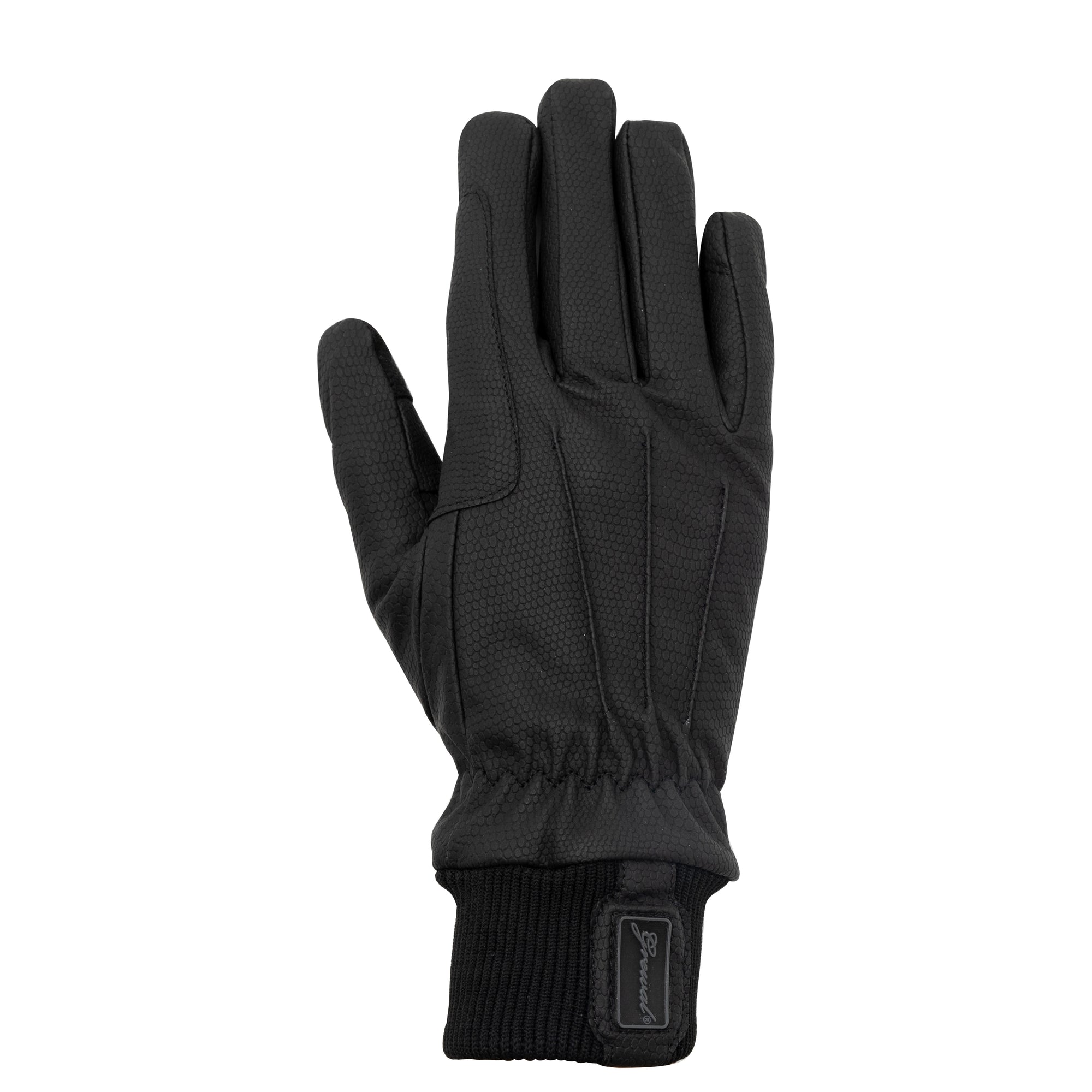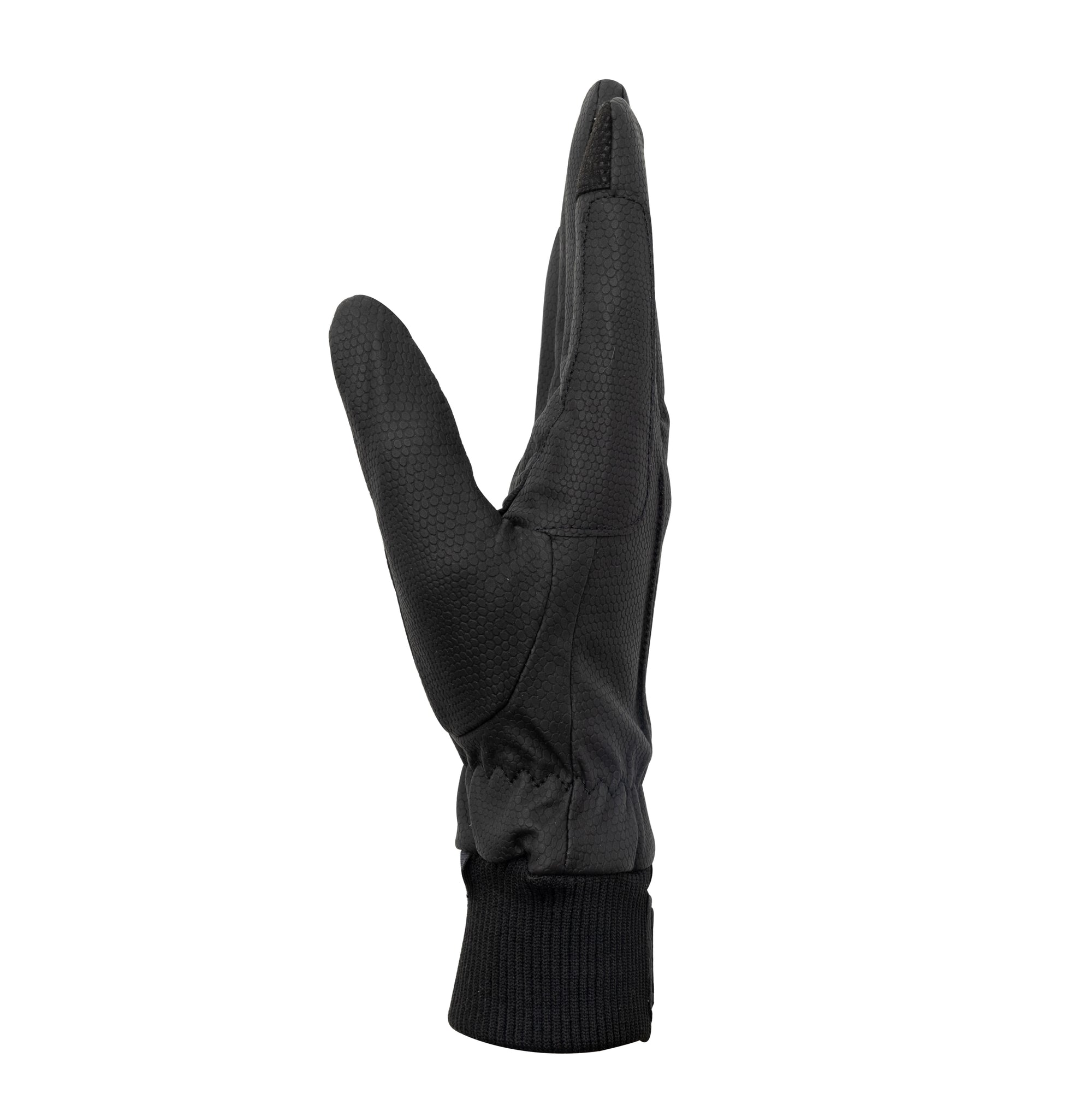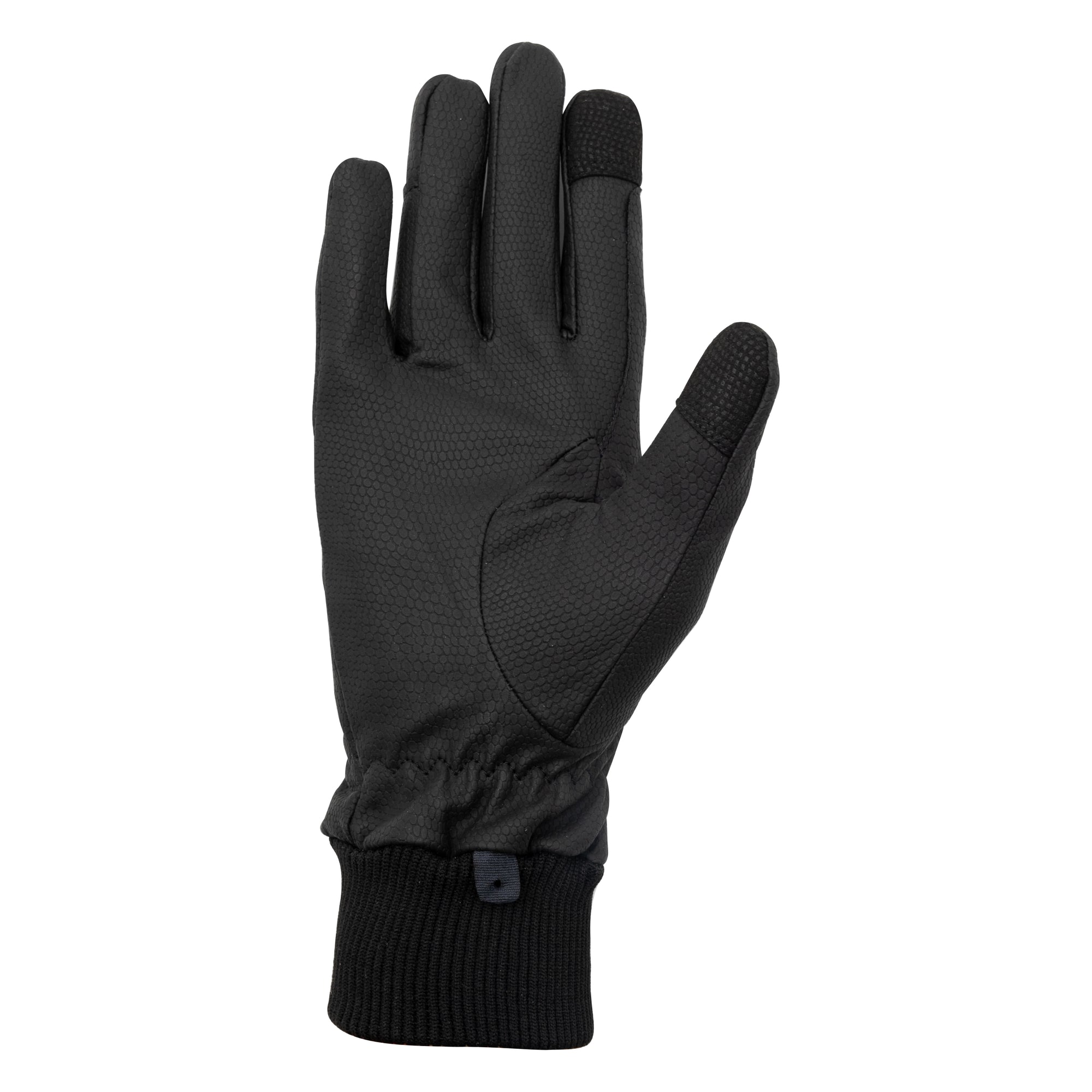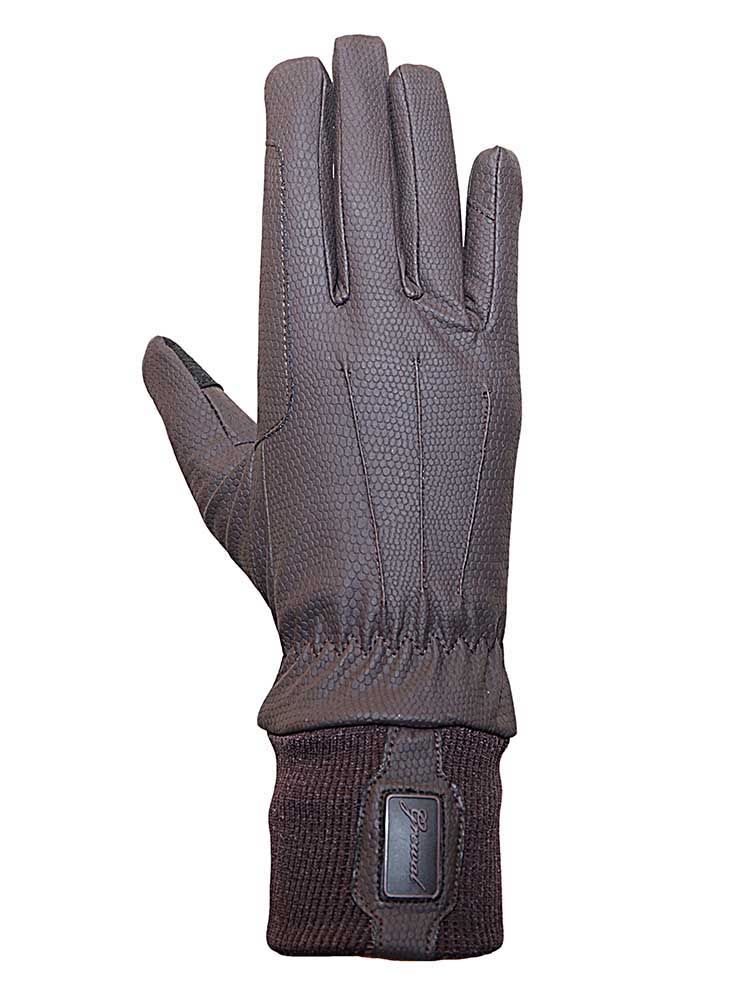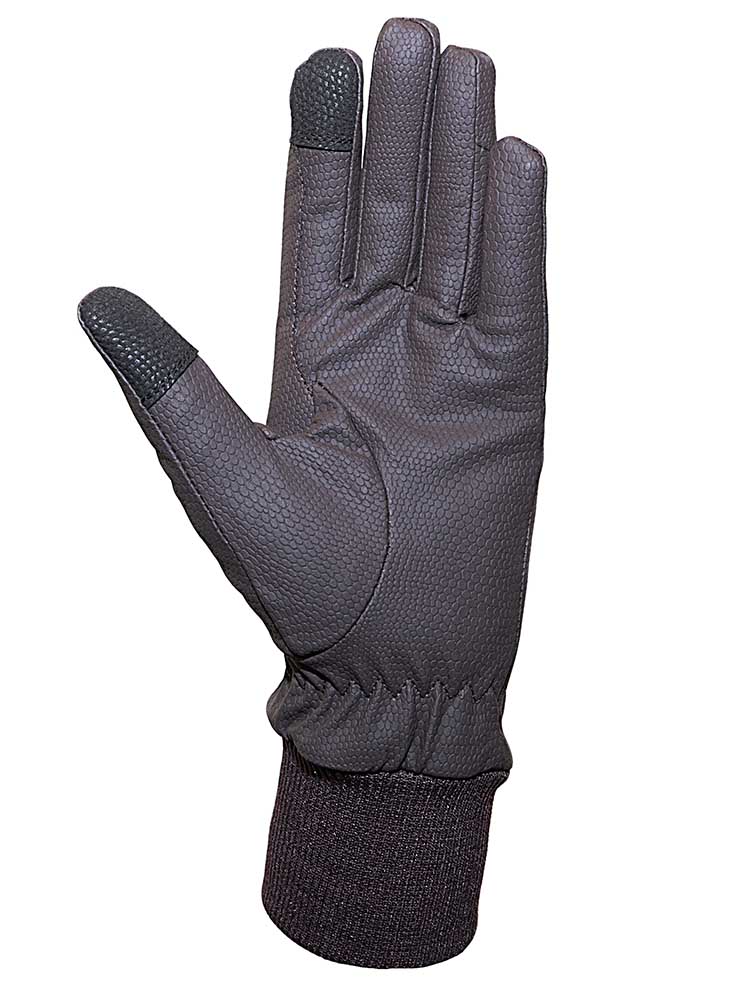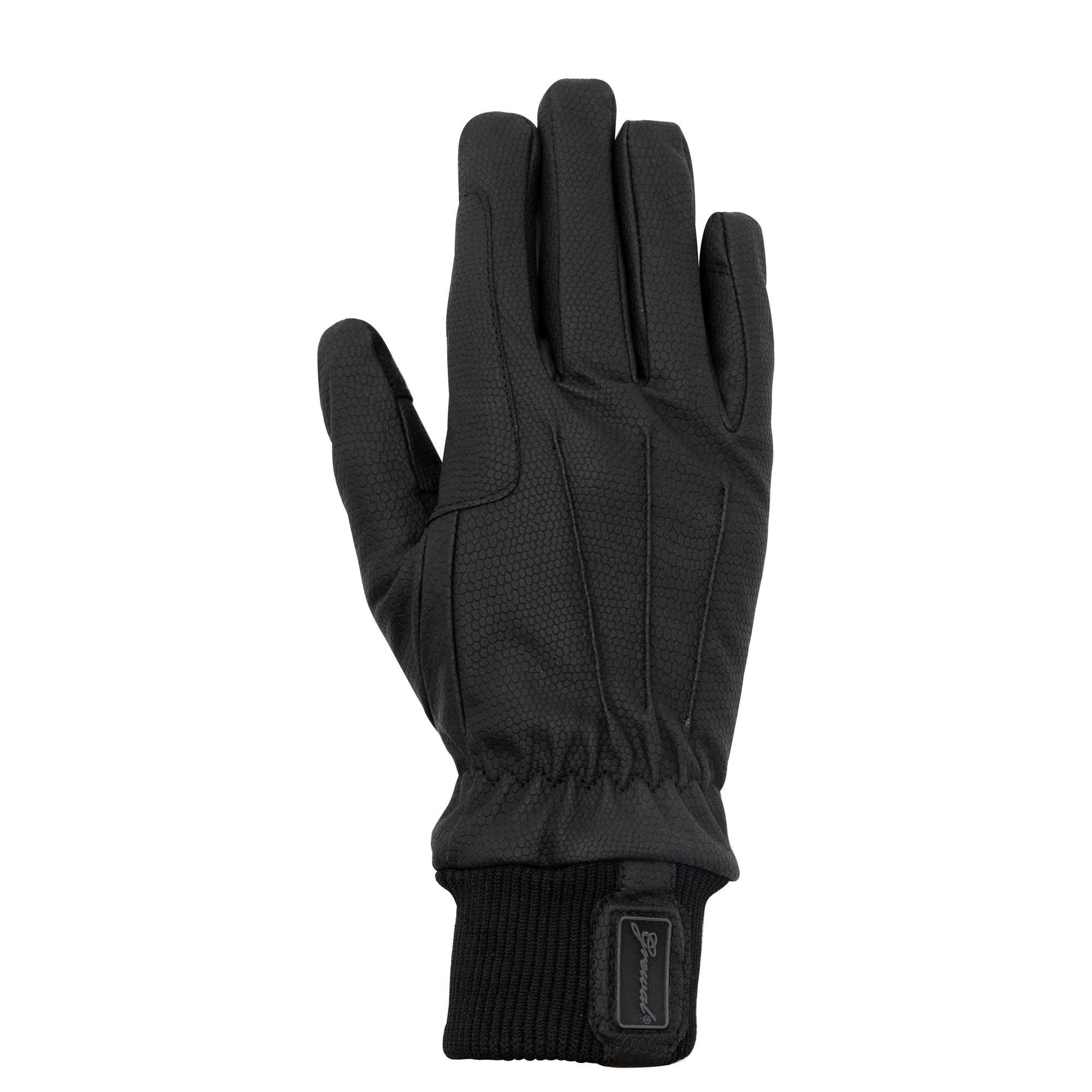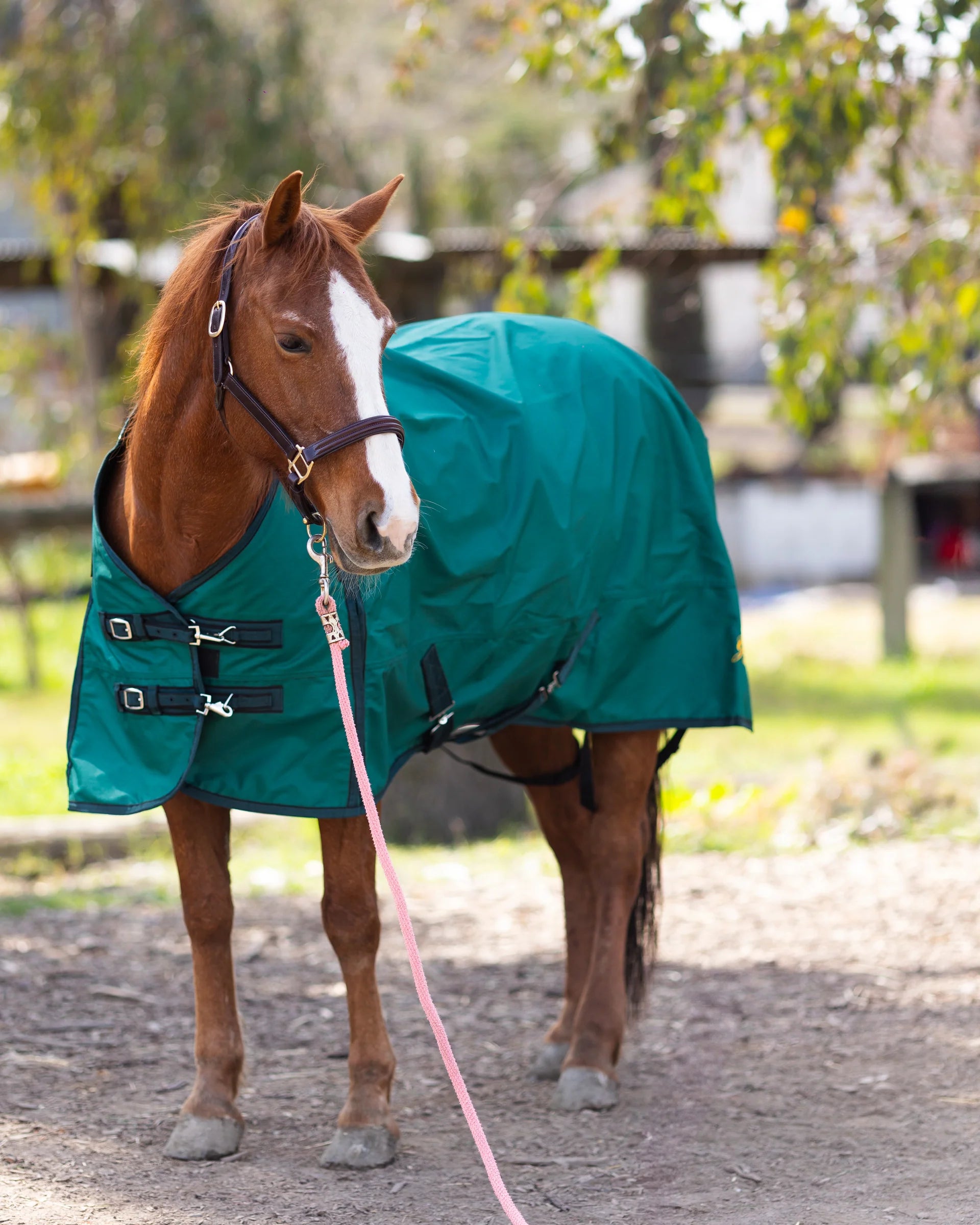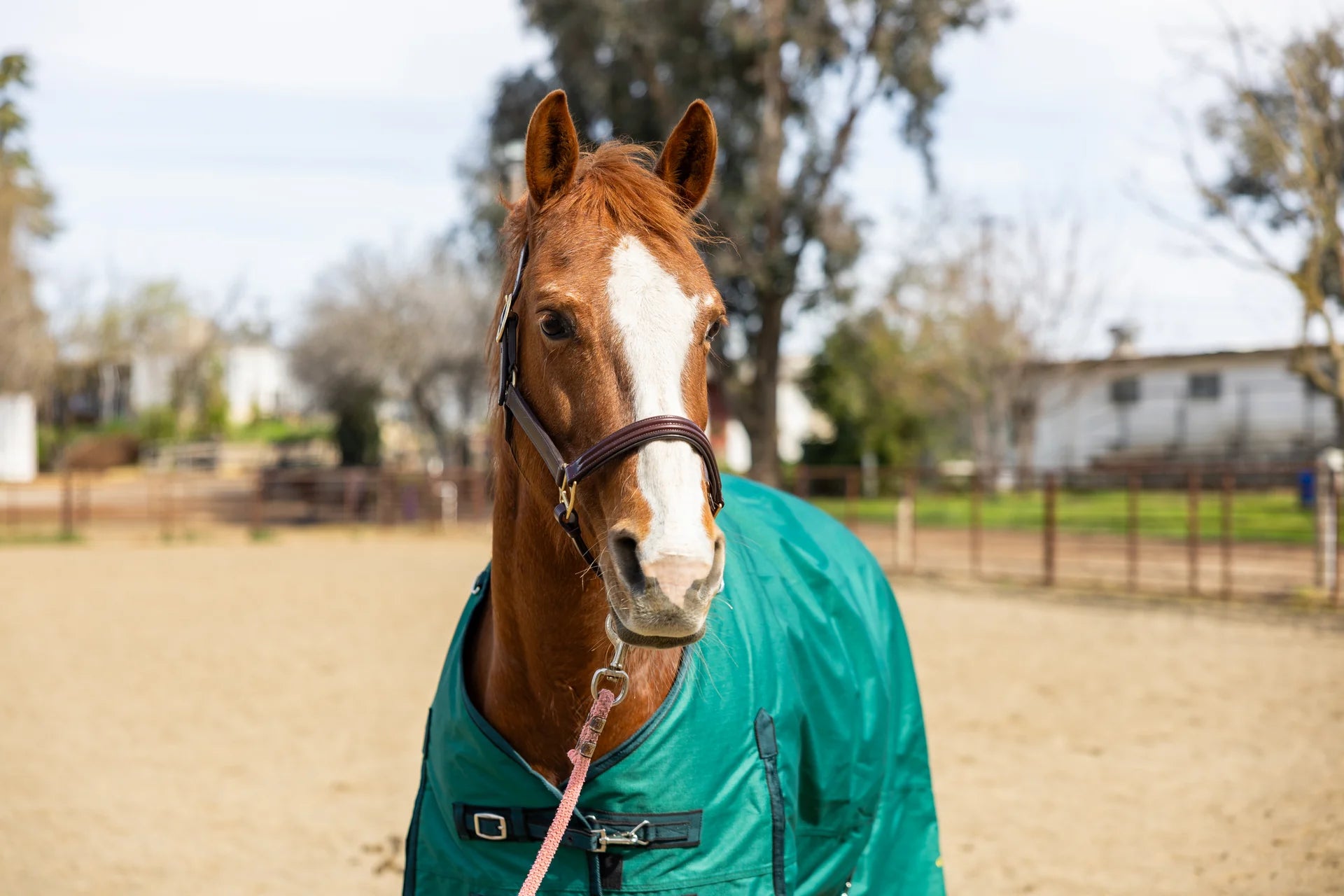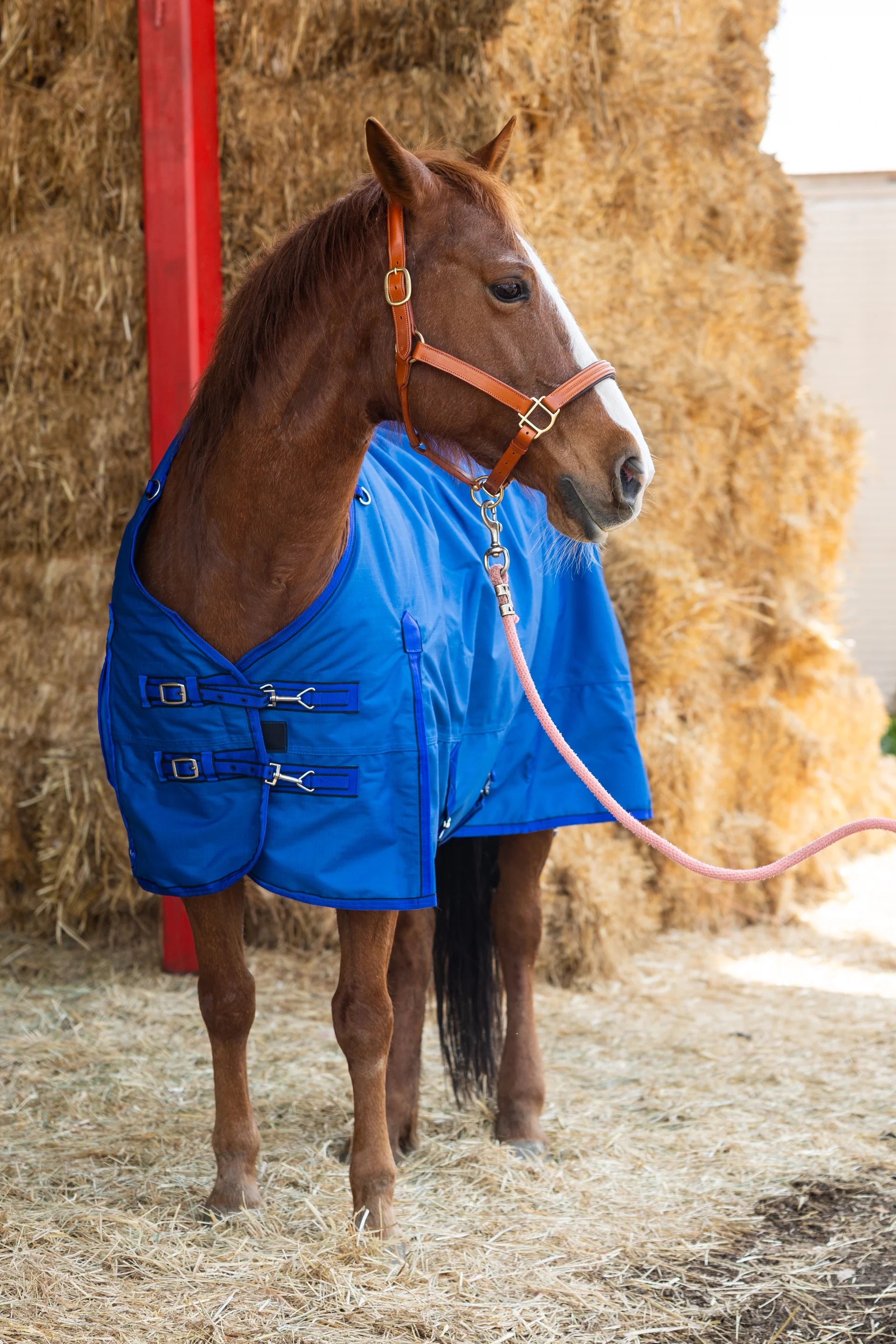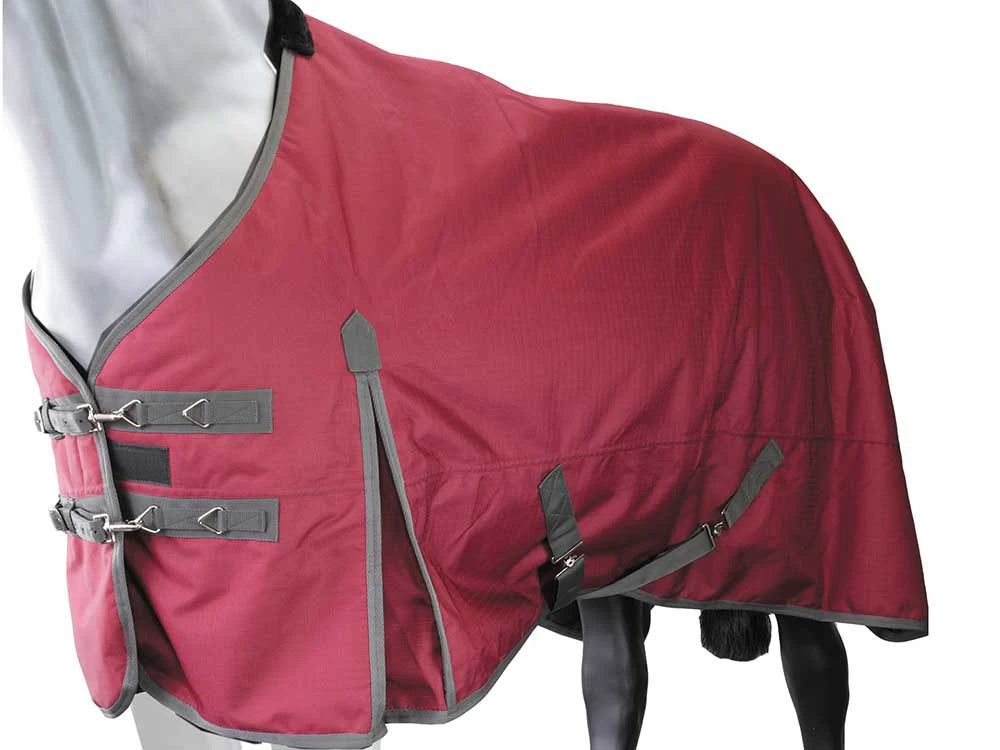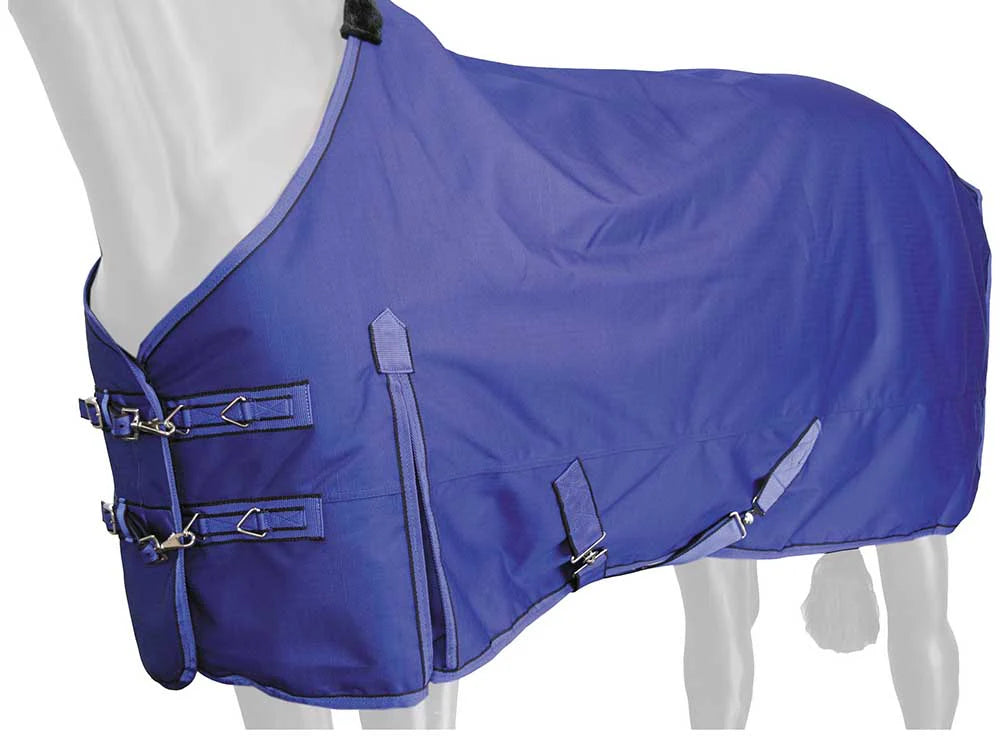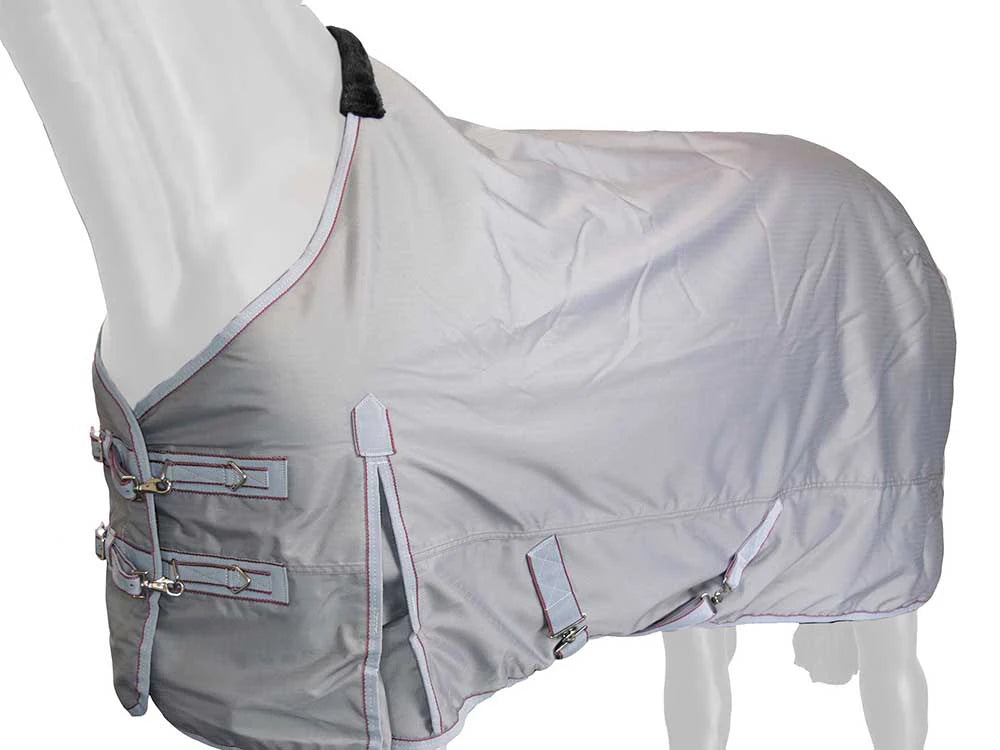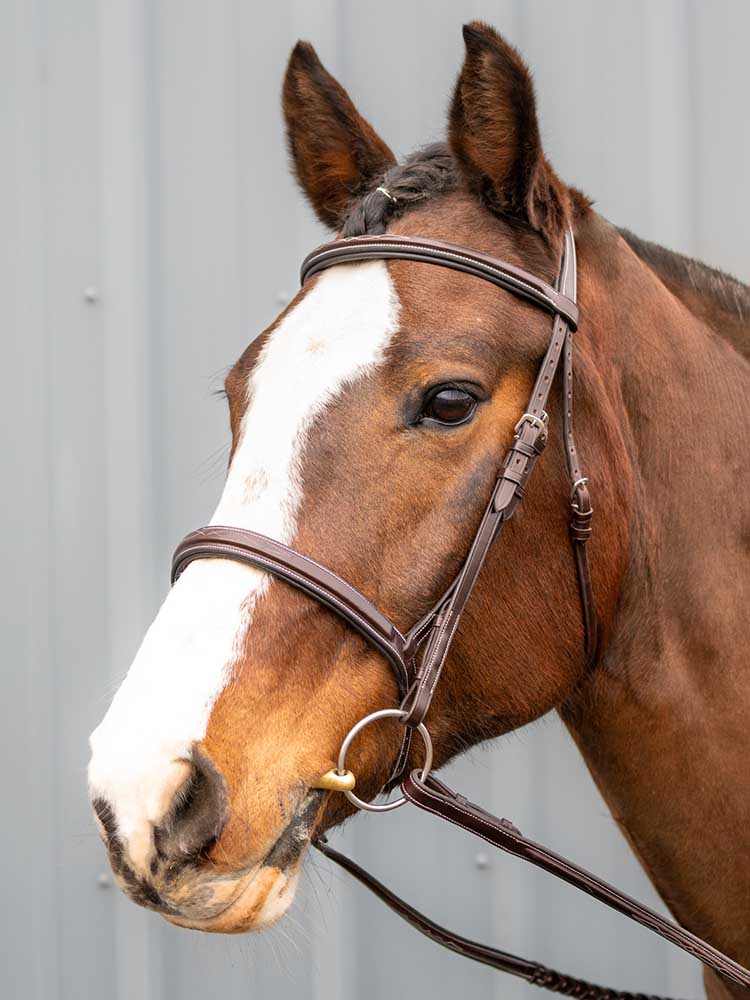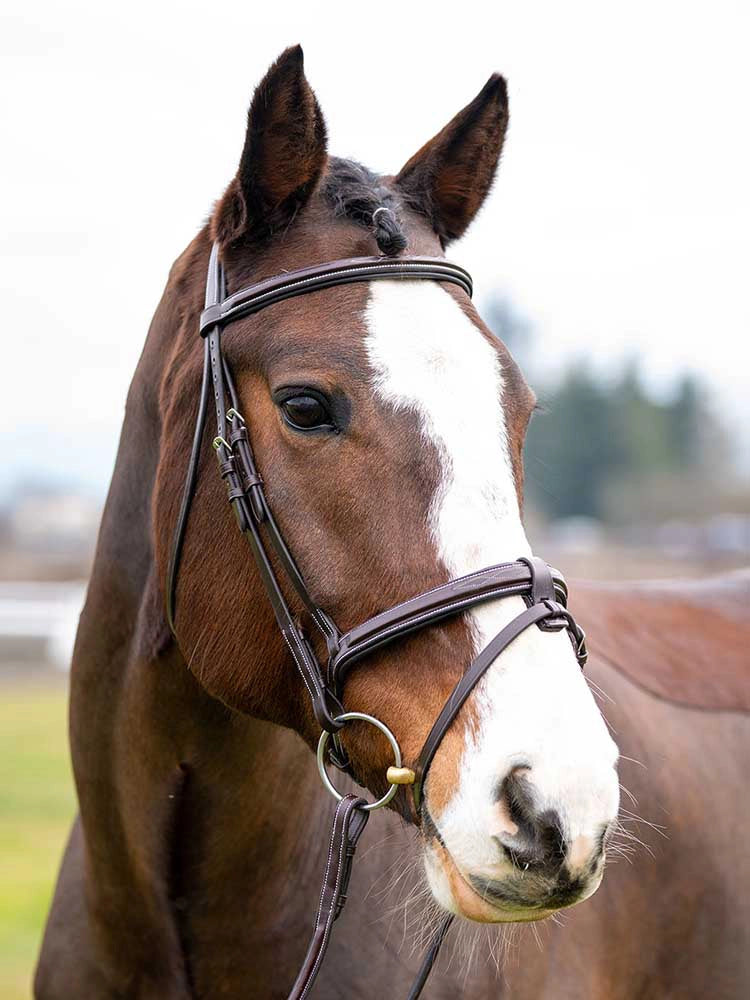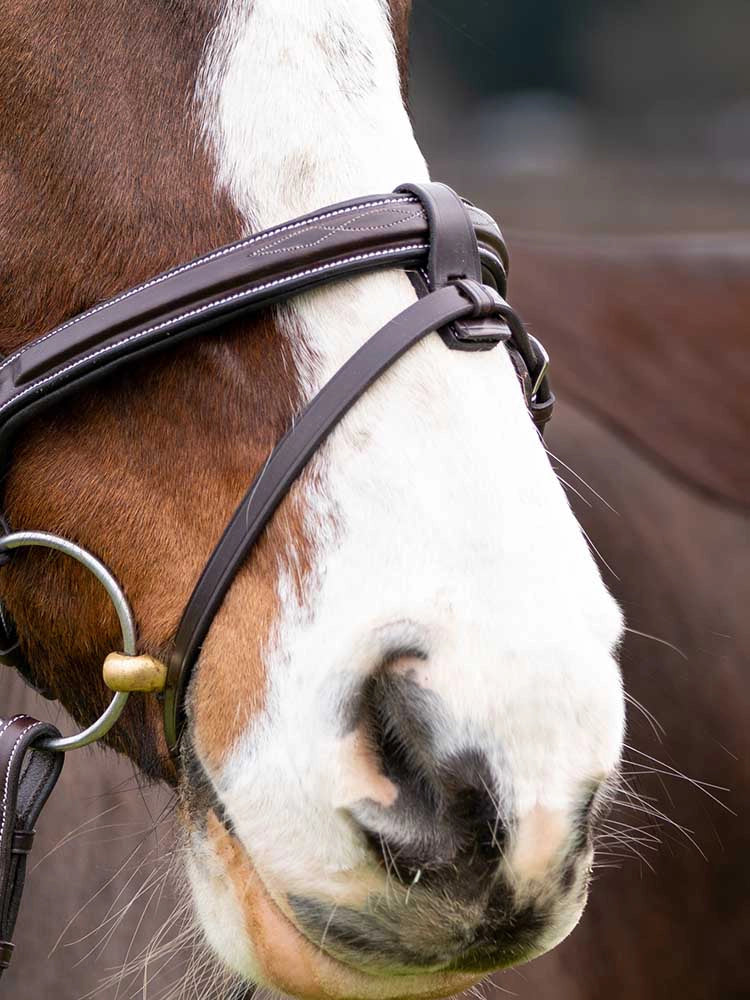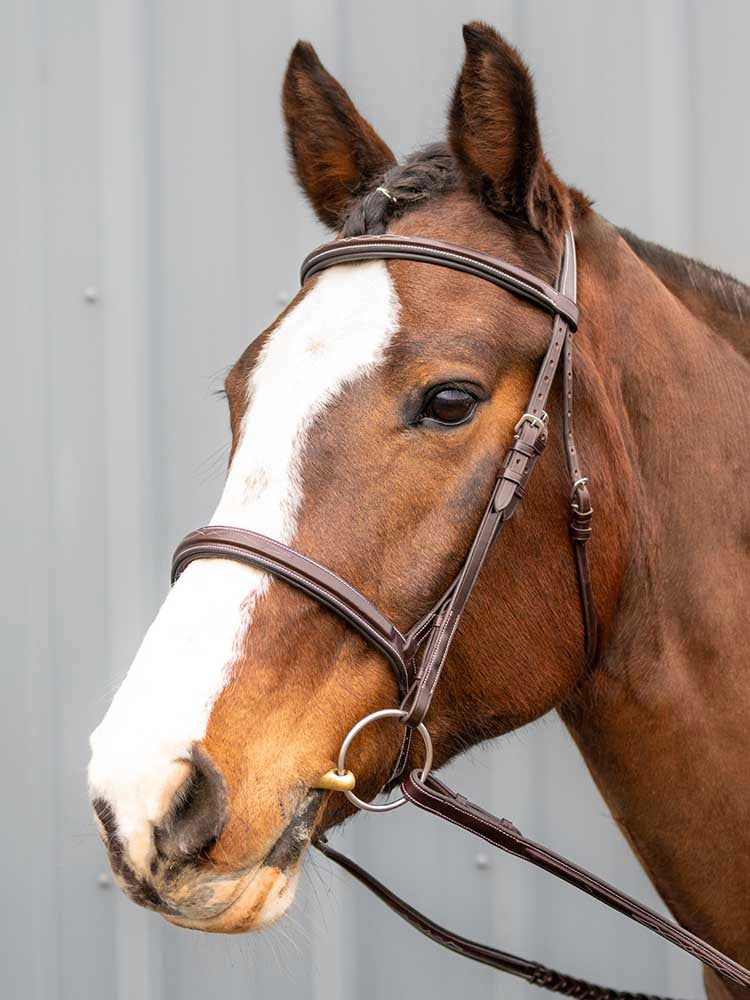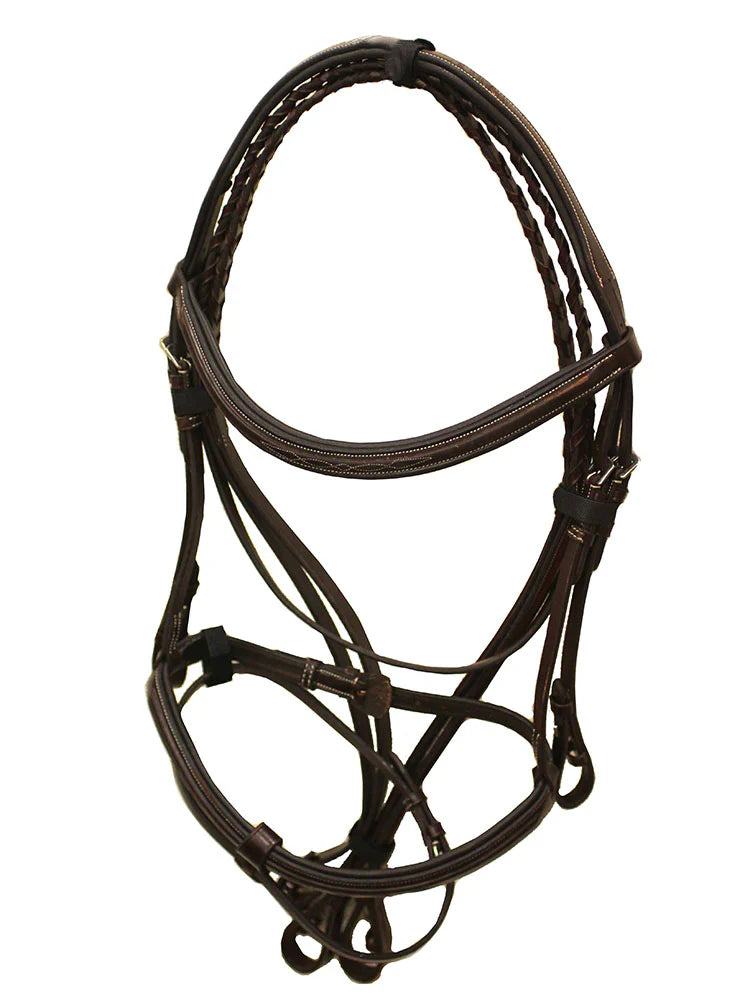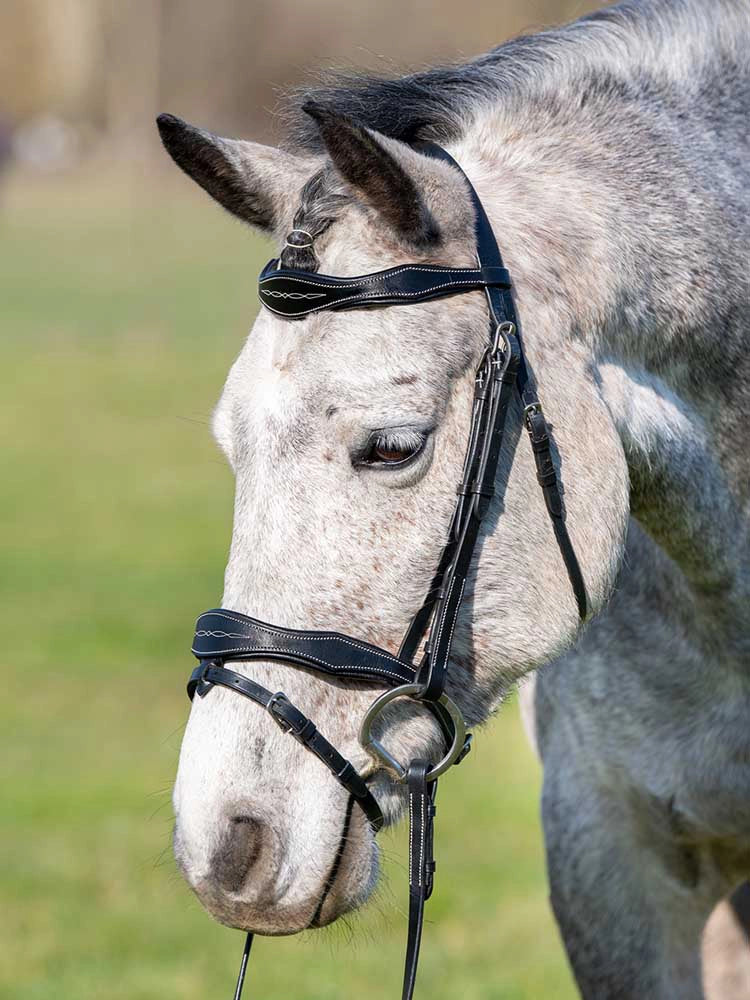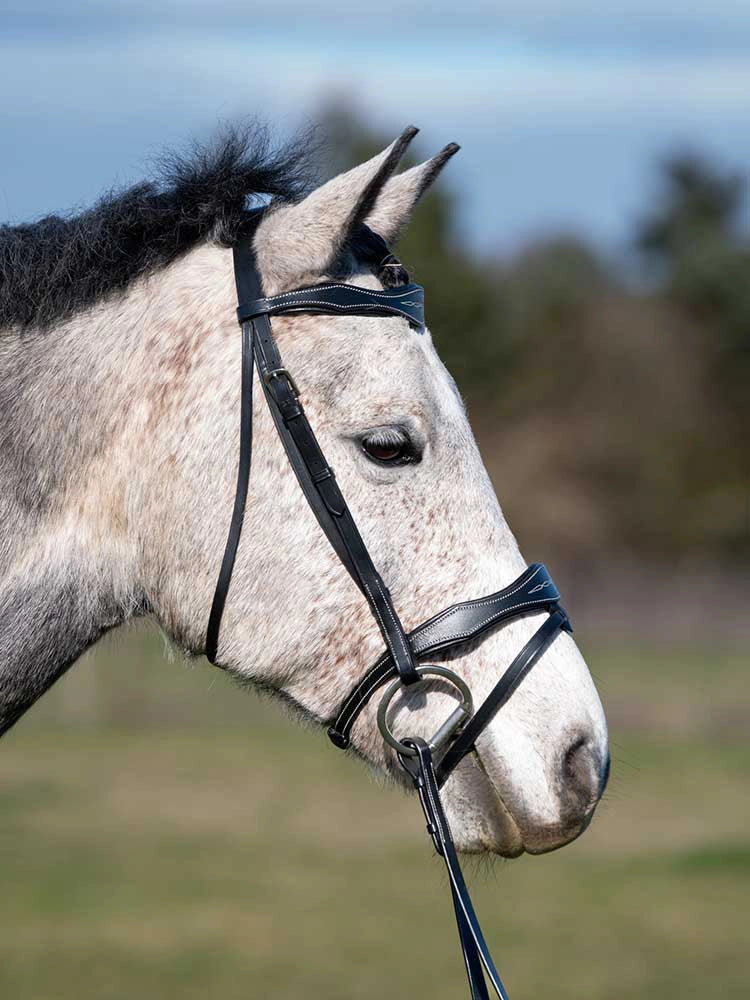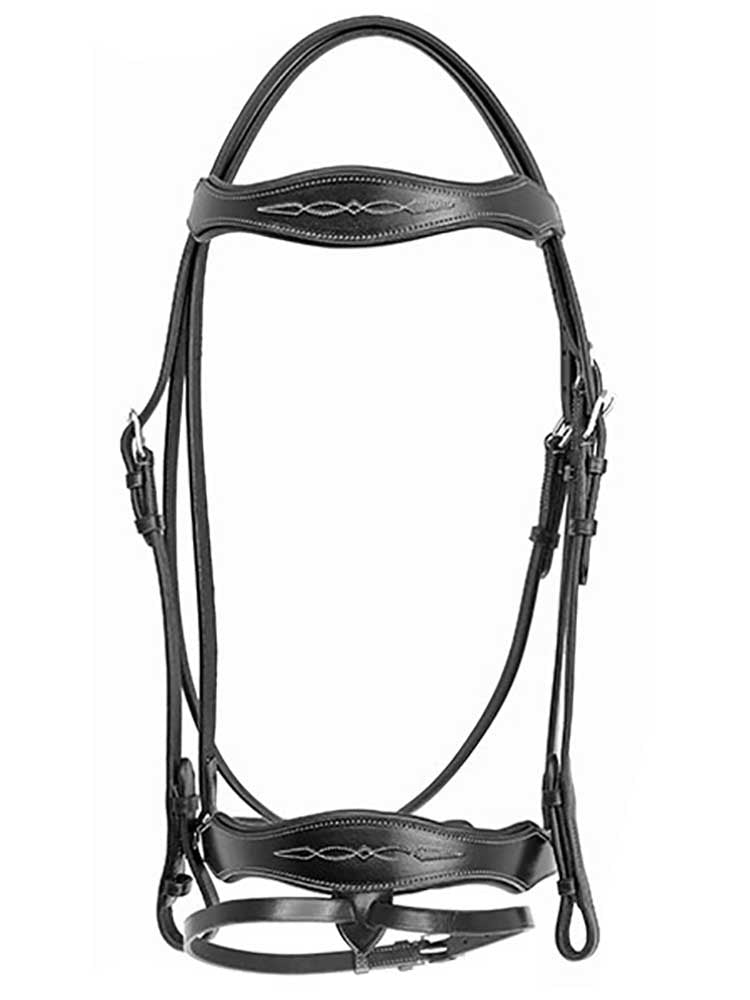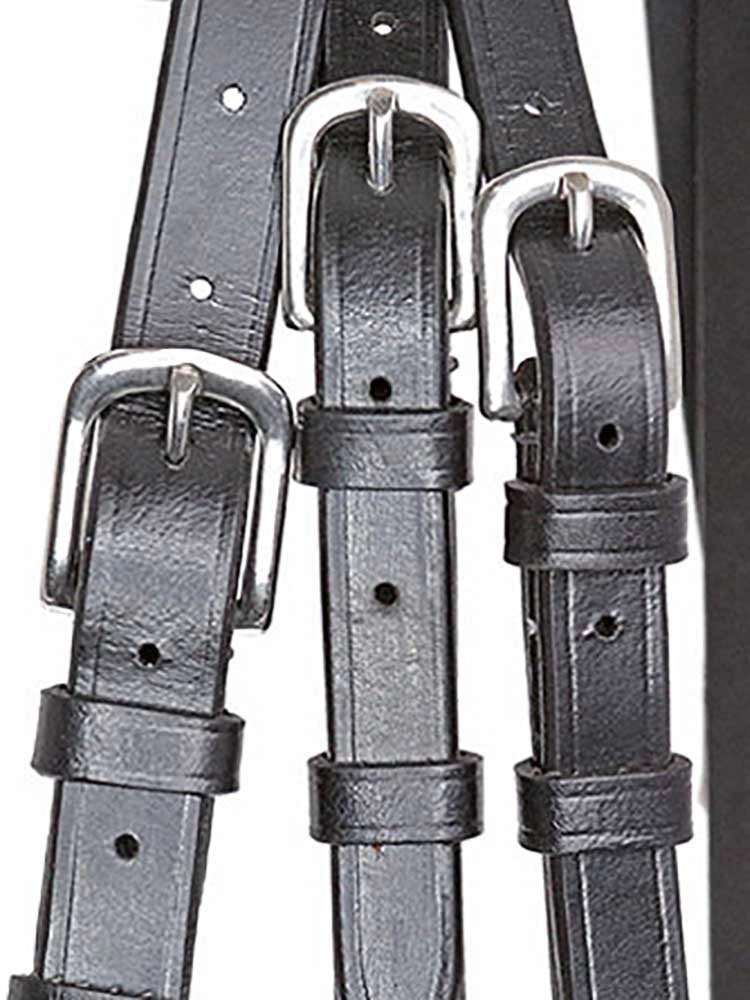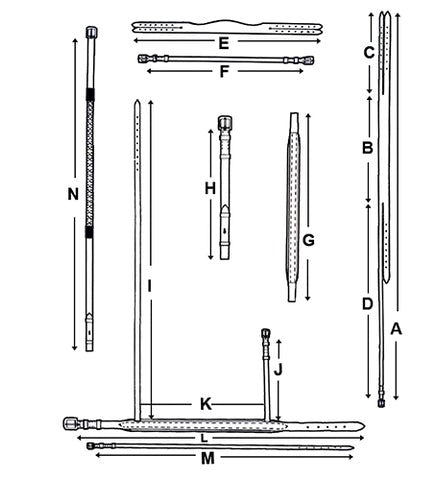Used to keep high-performance horses sound and healthy, cold hosing is a practical and effective way to manage post-workout inflammation, pain, and fatigue.
What Is Cold Hosing?
Cold hosing is the application of a steady, cool stream of water to targeted areas of the body, usually for 10 to 20 minutes. It’s a more moderate, sustainable form of cryotherapy that doesn’t involve ice cubes or futuristic chambers.
Boots On, Boots Off: Why It Matters
Horse boots are designed to shield sensitive joints and tendons during exercise, but they may trap heat if left on too long afterward. That means removing any protective gear, like tendon boots or bell boots, as soon as training is done.
For example, a solid pair of tendon boots, like the kind from Grewal Equestrian, offers the kind of support a horse needs during gallops or jumps. But once the ride is over, experienced riders know to take them off promptly before hosing down the legs.
Why Cold Hosing Works
Cold hosing addresses the root causes of post-exercise discomfort in a way that’s effective, accessible, and sustainable.
When applied properly, cold therapy helps reduce inflammation, alleviate pain, and clear metabolic waste from overworked muscles; all while avoiding the tissue shock that can come with ice baths or cryo chambers.
How Cold Hosing Compares to Other Cold Therapy Methods
With so many recovery tools on the market, it helps to understand how cold hosing fits in. It’s not as extreme as an ice bath or cryo chamber and that’s exactly why it works so well for everyday recovery.
| Method | Temp | Comfort | Risk | Best For |
|---|---|---|---|---|
| Cold Hosing | ~50–60°F | High | Low | Daily recovery |
| Ice Baths/Wraps | ~35–50°F | Low | Moderate | Inflammation, shock recovery |
| Cryo Chambers | -110°F | Very Low | High | Elite/specialist use |
Cold hosing sits in the “just right” zone. It’s cold enough to make a difference, but gentle enough for consistent, safe use.
The Benefits of Cold Hosing for Horses
Regular use of cold hosing can have many benefits, including:
-
Minimized swelling and fluid buildup
-
Alleviated soreness in joints and muscles
-
Improved circulation after cooling
-
Shortened recovery time between workouts
It’s especially useful immediately after intense activity, when muscles and connective tissue are still hot and under pressure.
However, it’s worth noting that cold hosing does have some drawbacks. It can be time-consuming compared to other cooling methods, especially if done thoroughly. Additionally, it may not effectively chill the horse’s deeper tissues or extremities, which can limit its overall effectiveness in some cases.
Prevention is the best medicine
All horse lovers strive to keep their horse sound. A proper warm up before your ride and a proper cool down afterwards can go a long way to keep your horse's limbs healthy. Leg wraps and horse boots can prevent injuries and after a hard work out or demanding training session, hosing off your horse's legs with cold water has proven benefits and is available to all who ride.

